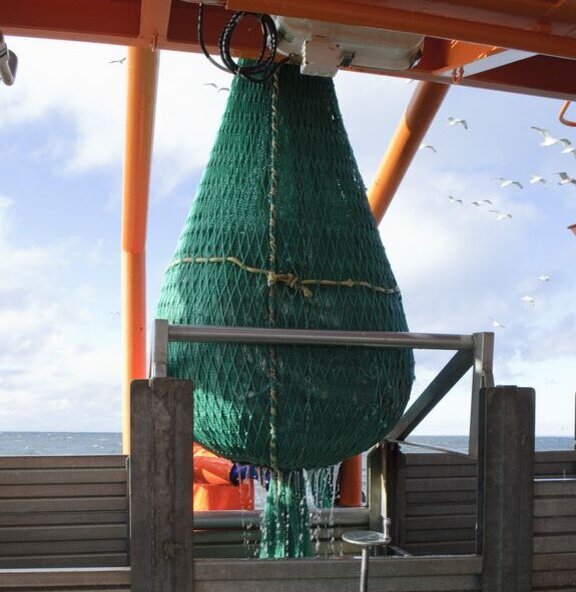About us
Sustainable exploitation of marine living resources

The shallow continental shelves represent only about eight percent of the total area of the oceans, but host some of the most productive marine ecosystems in the world. 99 percent of current yields from marine fisheries originate from the narrow shelf areas, whereas the open ocean plays a central role in global climate as a CO2 sink and heat reservoir. Only if marine habitats are intact and the associated species communities are healthy, fish stocks can develop their full productivity and the ocean can maintain its role as one of the most important food sources for the growing world population.
Our research is interdisciplinary and solution-oriented. It combines scientific and social science approaches to achieve a system understanding of the oceans. Based on this, we advise policy-makers on the protection and sustainable use of marine living resources. In concrete terms, we are working on:
- Advice on sustainable catch quotas and management of living marine Resources. This work is embedded in our international network and based upon unique series of long-term data that we collect across national boundaries with the aid of three federally owned, highly specialised fisheries research vessels, and catch records from commercial fisheries.
- Impacts of fishing on living marine resources, marine ecosystems and integrity of seabed habitats.
- A better understanding of the interactions between fisheries and other forms of marine exploitation such as renewable energy production, fossil fuel extraction, but also marine protected areas to preserve biodiversity. The aim is to develop solutions for integrated fisheries management that combines conservation and exploitation objectives providing optimal solutions for the coexistence of different forms of marine use.
- Automated measurements and evaluation methods for monitoring marine resources and their environment. In combination with simulation models, these data help us to analyse changes in the marine environment and its impact on fish stocks and ecosystems in near real-time.
- Solutions for sustainable fisheries that incorporate ecosystem considerations and that are economically and socially viable for fishermen.

![[Translate to English:] [Translate to English:]](/media/_processed_/7/1/csm_IMG_7977_large_1defaf5de1.jpg)






